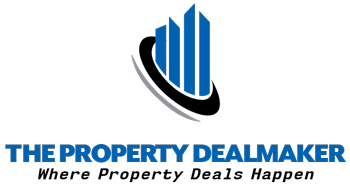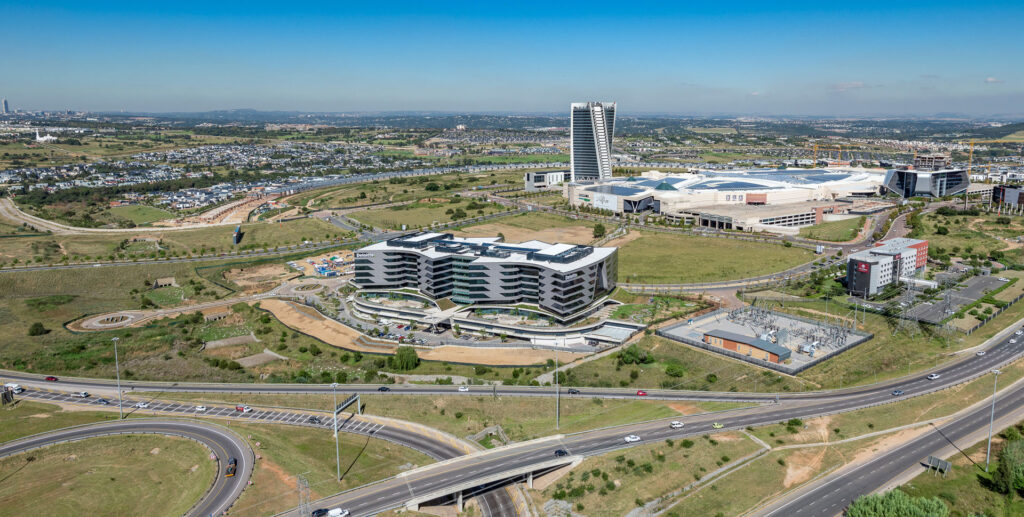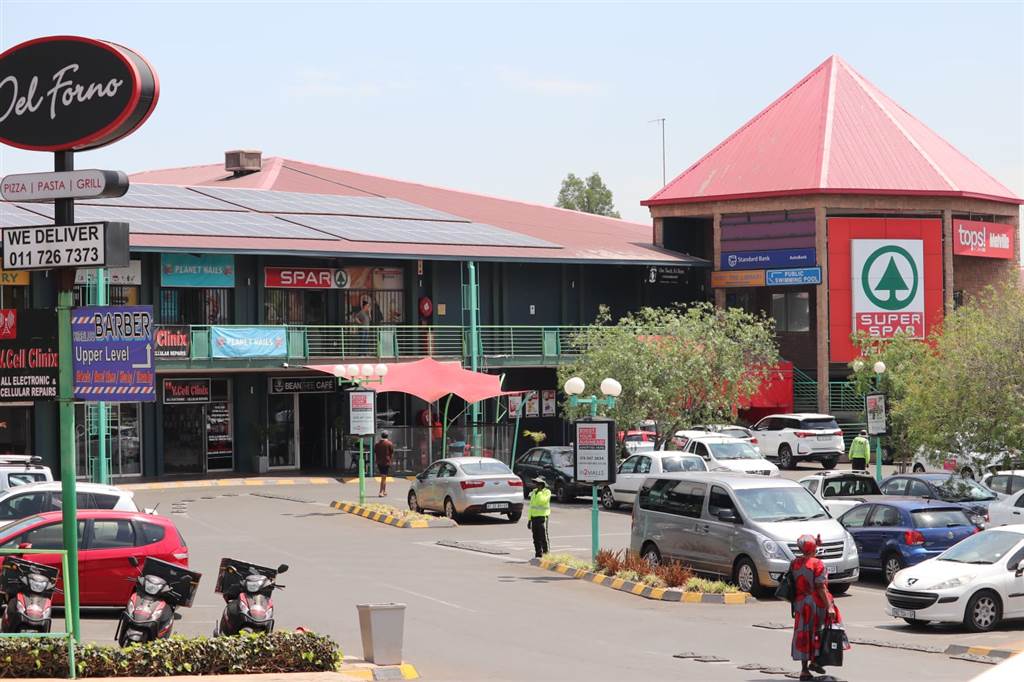Freehold vs. Leasehold? Understanding Leasehold Property in South Africa
The South African property market offers a variety of ownership options, and navigating them can be tricky. While freehold ownership reigns supreme, leasehold properties are also an option, presenting a compelling alternative for some buyers.
But what exactly is a leasehold property?
Unlike freehold where you own the land and the building, leasehold properties grants you the right to occupy and use a property for a predetermined period, typically for a very long term.
In most cases, with leasehold property you do not own the land but may have use of the building on the land.
Understanding Leasehold Agreements
The foundation of any leasehold property is the lease agreement.
This contract outlines the rights and responsibilities of both you (the lessee) and the owner of the land (the lessor).
Here’s a breakdown of some key aspects to understand:
- Lease Term: Leasehold agreements in South Africa typically range from 10+ years to 99 years, offering a long-term occupancy right. However, it’s crucial to know the exact duration and any renewal options included.
- Rent and Escalation Clauses: The agreement will specify the monthly or annual rental fee. Be mindful of escalation clauses that outline how the rent may increase over time.
- Maintenance Responsibilities: The lease will clearly assign maintenance responsibilities. This may cover general upkeep, repairs, and potential replacements within the property you occupy.
- Restrictions and Permissions: Leasehold agreements often outline limitations on alterations or renovations you can make to the property. Additionally, they may specify permission requirements for subletting or keeping pets.
It’s important to note that lease agreements exceeding a certain period, usually 10 years, are registered against the title deed of the property.
This provides additional security for the lessee, as it becomes a public record of your occupancy rights.

Advantages of Leasehold Properties in South Africa
Some parcels of land may be owned by government or privately owned and the land might not be for sale. But the land owner might be looking to lease out their land for a long term period.
Leasehold property might be a good option for the following reasons:
Lower Upfront Costs: The most significant advantage of leasehold properties is their affordability. Compared to freehold ownership, the initial purchase price of a leasehold property is often considerably lower. This reduced financial barrier allows a wider range of buyers/investors to enter the property market, including first-time buyers and those with tighter budgets.
Ideal for Specific Property Types: Leasehold ownership is particularly well-suited for certain types of properties. Apartments and retirement communities are prime examples. In these scenarios, residents often prioritize a secure and well-maintained living environment with shared amenities, which leasehold developments can provide.
Shared Amenities and Maintenance: Many leasehold communities offer residents access to shared amenities like swimming pools, gyms, or communal gardens. Additionally, the maintenance and upkeep of common areas are typically handled by the lessor, freeing residents from those responsibilities. This can be a significant advantage for those seeking a hassle-free living experience.
While leasehold properties hold significant appeal, it’s crucial to weigh them against potential drawbacks before making a decision.
Conclusion: Understanding Leasehold Properties
Leasehold properties offer a unique path to property investment, especially with government owned property that is not for sale.
While they come with distinct advantages like affordability and shared amenities, it’s crucial to understand the limitations and potential drawbacks associated with this ownership model.
Ultimately, the decision between leasehold and freehold ownership depends on your individual circumstances and long-term goals.
If affordability and a hassle-free living environment are priorities, leasehold properties can be a compelling option.
However, if you prioritize building equity and complete control over the property, freehold ownership might be a better fit.
Regardless of your choice, remember – knowledge is power.

Aslam is from Johannesburg, South Africa and graduated with a BComm degree from the University of South Africa and followed that up with a BComm Hons degree in Finance and Investments.
He has spent over 18 years in the financial services sector, with 12.5 years in the commercial property finance arena with 3 of the major banks in the country.
His specialty being deal structuring and finance solutions for commercial property investors and developers across the commercial property sector, including large scale retail developments, high density residential investments , industrial and office property.
Aslam was also a fast food franchise investor for 7 years, is experienced in digital marketing and online lead generation and has owned and managed multiple residential properties.




